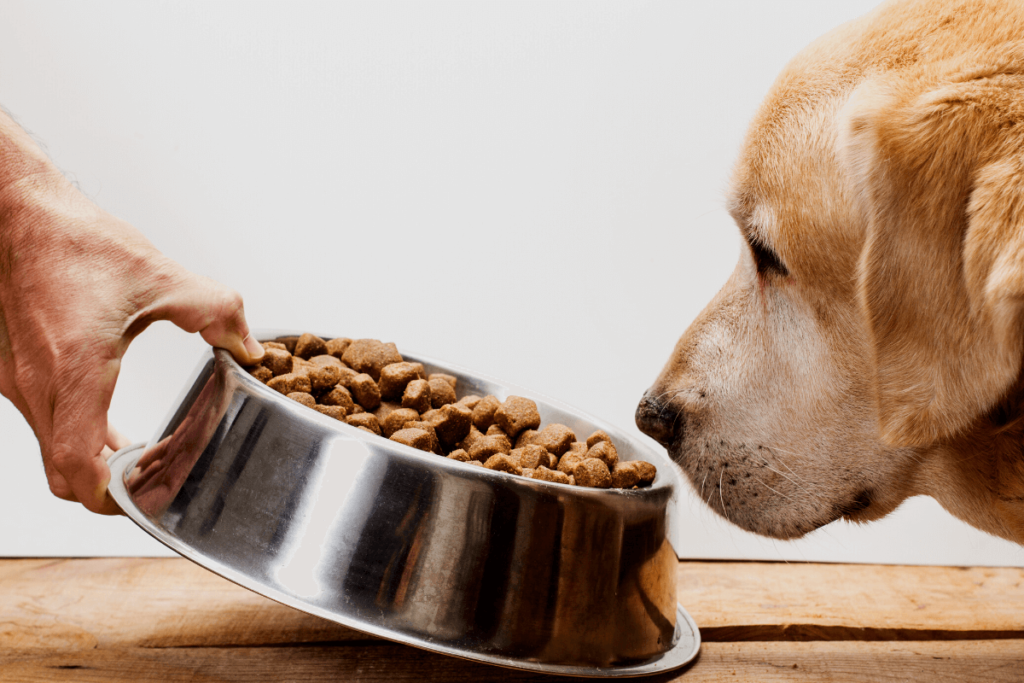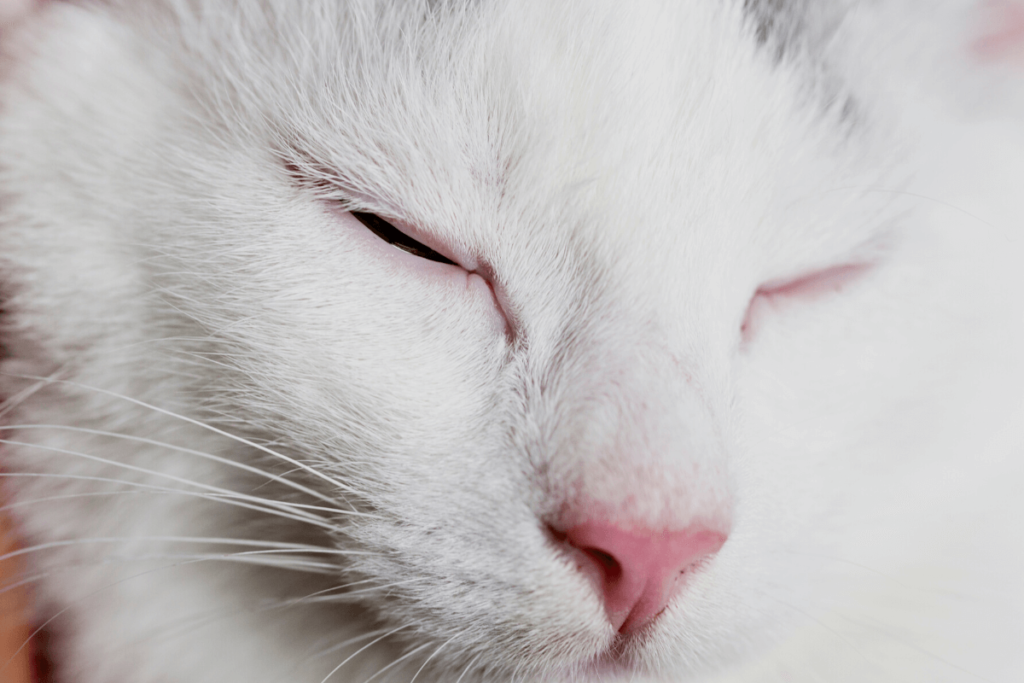Nutrition For Pets: Is It Really Important?

Wellness and nutrition for pets has become more important than ever. Awareness among people is also fast-growing. Pet-owners are more focused on preventive healthcare and general wellness to improve the overall quality of life for their pets, keeping them in the best of their health. Every year, 600,000 pets are adopted in India, and […]
Does Your Cat Blink Frequently?

Cats blink at you all time and it could mean several things. Cats mainly meow to communicate with their humans, but sometimes they also use their eyes. Sometimes cats give you a kitty kiss – which is a slow eye blink. This is usually towards humans and other animals or cats they trust. But […]
